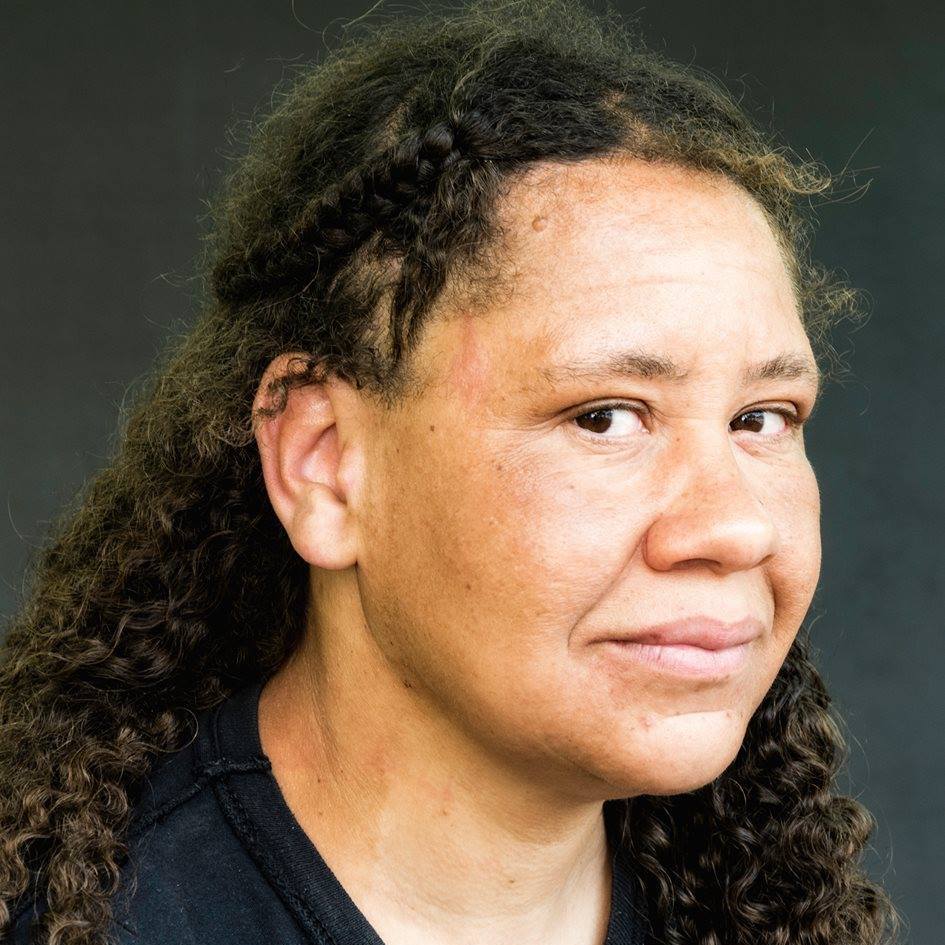I have found locally that people who come from an amateur or community background often don't understand the intricacies of NDAs in theatre and film productions - and offence can occur because people dont understand why it is important.
At a practical level, we always supply photos and videos marked for sharing and portfolios, to our cast and crew, but other things; scripts, training videos, internal discussions, are not for public sharing. The "done" thing is to always ask if something can be shared before doing so. However, supplying behind the scenes content for use, is a choice of the production company and not an industry standard.
Mr Nicholsons article:
Writer/Director here: There seems to be some confusion regarding NDAs.
An NDA is a Non Disclosure Agreement and binds the person who signs it to a contract that legally prohibits that person from discussing any details at all about the project, or even their involvement in it, with any third party, be they a spouse, an agent or anyone else. That person also cannot list that project on their resume, post about it on social media or mention it anywhere at all in any medium whatsoever UNTIL THAT NDA EXPIRES.
NDAs usually have an expiration date (traditionally, 5 years for projects and 2 years for meetings). The text in the NDA will outline the actual terms of its expiration. Only after this expiration date are you free to discuss the project, (and that includes mentioning it on your resume/CV, social media etc) even if the on-air or release date of said project is before the expiration date of the NDA.
Also, some NDAs do not have expiration dates and therefore can never be broken. A certain well-known and super-powerful Studio is tending not to have expiration dates listed on their NDAs these days.
Any exceptions to these guidelines will be written in the NDA.
The only third person who can authorise you breaking an NDA is a Judge if that NDA is proved in Court to be worthy of breaking for legal reasons...No one else can legally instruct you to break the NDA, not your agent, your manager or even your pet walker.
Break and NDA against legal advice and at best you’ll get sued and at worst you’ll never work again with a fine imposed on you likely to be so high that your grandchildren will still be paying it off long after you’re dead and gone.
Confidentiality is taken very seriously by the industry and there are very good economic reasons for this. Take any and all NDAs you have to sign VERY professionally. Read them carefully and follow them TO THE LETTER. And if you refuse to sign an NDA, then the project is highly unlikely to involve you in it at any level going forward.

 RSS Feed
RSS Feed
